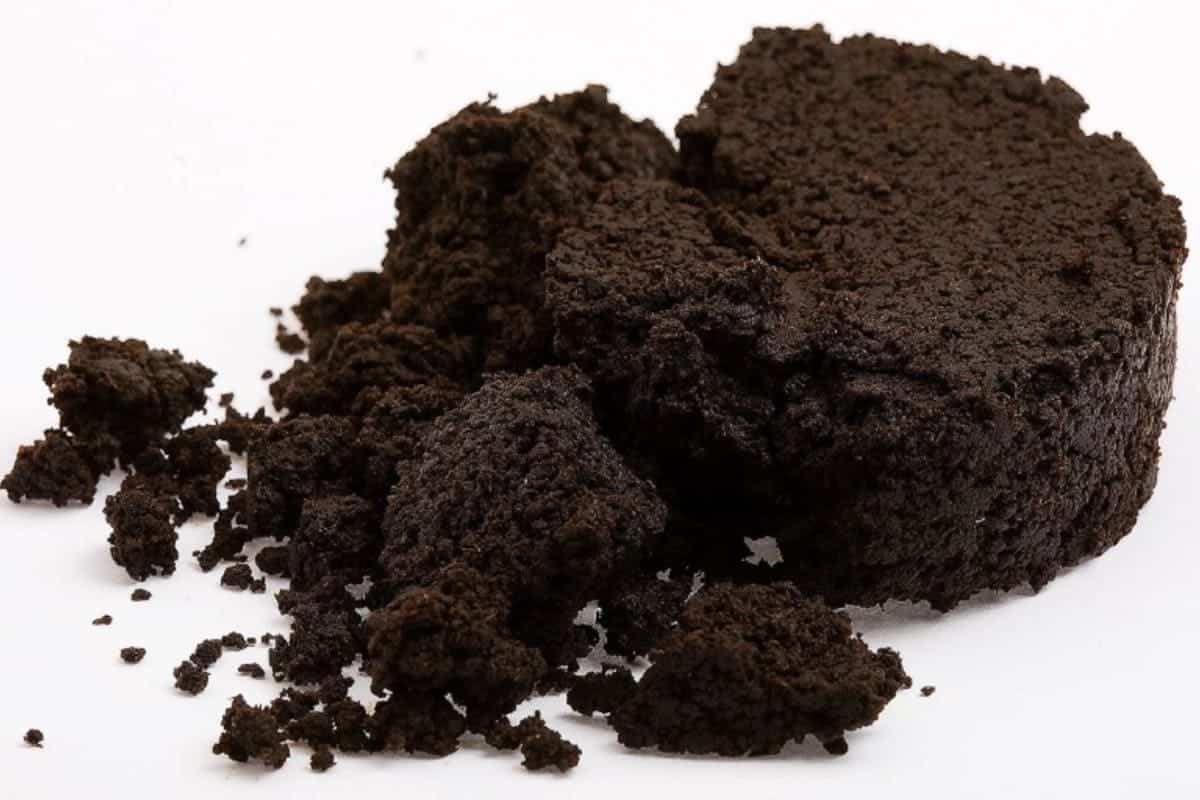Since the reputation of smoking has plunged, tobacco chewing, a combustion-free alternative to nicotine consumption, seem more attractive, but still less appealing than vaping e-juice.
Yet, it turned out that chemicals present in tobacco are still unhealthy. In the article below, we’ll bring some important facts about tobacco consumption to the light of the day.
How to Use Chewing Tobacco
Generally, you can consume tobacco via two mediums: snuff and chewing tobacco. Snuff is finely ground tobacco packed in small pouches for a convenient intake. Chewing tobacco can be sold in the form of loose leaves, plugs, and twists. You can use both kinds of chewing.
Although this habit is not as popular as smoking, tobacco chewing still has a lot of fans, especially among adult males.
According to statistics, 3.5% of adults like chewing tobacco. Among the male population, the percentage of people who love tobacco chewing is 6.8%.
Chewing Tobacco: Health Effects
So, what happens when you chew tobacco? Chewing tobacco isn’t much safer than smoking it. Although you don’t consume tons of combustion chemicals, you still send nicotine directly to your bloodstream through the mouth.
And it can cause addiction too. Although some people are more resistant to it, the chances that a user will develop an addiction to a certain degree are very high.
The short-term side effects of chewing tobacco will follow you quite soon. They will most probably include:
- Issues with the mouth. These include bad breath, problems with teeth, ulcers, and sores. The acids and other chemicals contained in tobacco will make parts of the mouth extremely soar, and the uncomfortable feeling will follow you through the day, spoiling the joy of food or a casual talk.
- Smell disorder. Naturally, the smell issue will affect the taste, so it will be almost impossible to enjoy the favorite food.
- Overall sickness. In the beginning, it is reflected as nausea or dizziness or merely the loss of shape and energy. Users don’t perform well physically after chewing tobacco. Another thing is the rise in blood pressure that leads to long-term problems.
The above-mentioned “light” symptoms may soon evolve into long term effects of chewing tobacco like:
- Cancer risks rise as the consumption of tobacco turns into a habit. Several different cancers connected to chewing tobacco occur due to carcinogens that get in your bloodstream through chewing. The upper airways are the first-level target for these diseases. People who chew tobacco are likely to develop throat cancer, as the mouth, throat, gums, and larynx get damaged. The digestive system is the second target for cancer, as the pancreas and stomach are involved in digesting tobacco juice.
- Teeth are getting worse, as well. A person suffers from bad breath, tooth decay, and even loss due to the weakening of gums.
- Sores and wounds in the mouth. Although these side effects are not as fatal as cancer, the pain and tissue damage a person develops are abominable. The sores can appear on tongue, cheeks, and gum, making it very difficult to eat and speak. A condition like leukoplakia that is open sores on the cheeks can develop into real holes in the tissues of cheeks.
The Level of Addiction
Although any starter would swear the addiction stuff is not for them, later many confess that chewing tobacco is hard to get rid of.
You may not realize it, but you can be much more addicted than you think. The following couple of questions will help you determine the possible level of addiction.
- Do you feel a need to chew tobacco if you didn’t do it for the last couple of hours?
- As you run out of your tobacco, do you immediately go to the store?
- Do you feel the need to chew tobacco after smoking cigarettes?
- Are there any signs of tobacco chewing on your teeth, tongue, and inside the mouth?
- Do you need higher levels of nicotine?
- Do you like swallowing juice?
- Can you fall asleep with tobacco in your mouth?
- Can you chew tobacco first thing after you wake up?
If you feel any of these symptoms and or if your health is getting worse because of tobacco chewing. It’s time to think about quitting.
A 3-Week Plan to Quit Tobacco chewing
Quitting tobacco chewing is hard, as well as quitting smoking, but possible. Here’s a 3-week plan on how to do it.
Week 1
The first week of quitting is a week of withdrawal symptoms; therefore, it is the hardest. Yet, this doesn’t last long, and the most important thing is to keep your decision to quit.
Week 2
The second week is easier but still hard. The most positive moment of this situation is that you see the light at the end of the tunnel. The experts say that after the first two weeks, life is getting easier.
Week 3
After week three, all cravings are occasional and not so strong, so this is the time when you finally beat your addiction. The tobacco-free life will bring you a lot of enjoyment, and better health and the changes in your behavior may be stunning.
Summary
Chewing tobacco causes cancer and other disorders, and although this habit may be pleasant, health is a more critical thing to tend.
Although this is a hard thing to do, quitting chewing tobacco is possible if you are determined to do so. After all, everybody’s health and well-being will only benefit without health-affecting and time-consuming traits.


0 Comments